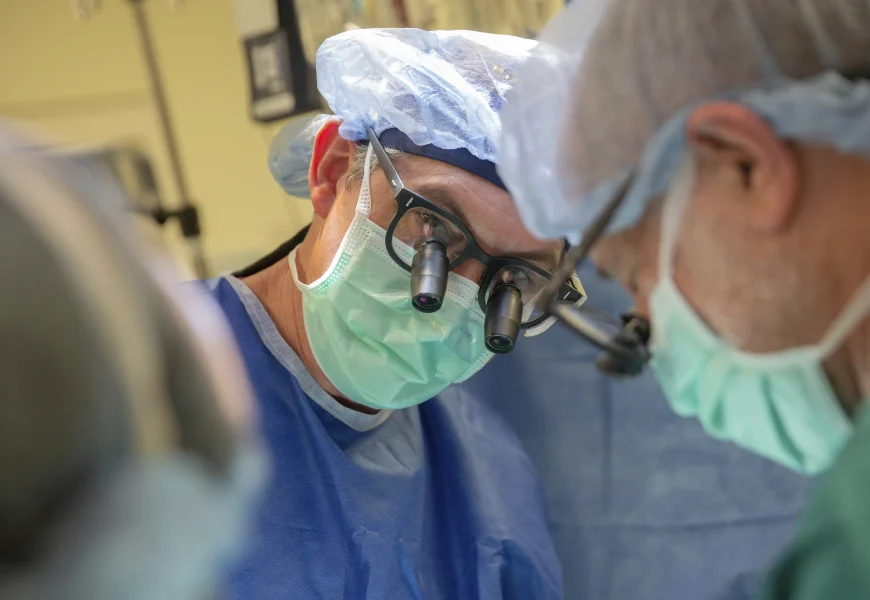WASHINGTON (AP) – Two university hospitals are pioneering new ways to expand lifesaving heart transplants for adults and babies – advances that could help recover would-be heart donations that too often go unused.
Researchers try new ways of preserving more hearts for transplants
WASHINGTON (AP) – Two university hospitals are pioneering new ways to expand lifesaving heart transplants for adults and babies – advances that could help recover would-be heart donations that too often go unused.
The new research aims to overcome barriers for using organs from someone who dies when their heart stops. Called DCD, or donation after circulatory death, it involves a controversial recovery technique or the use of expensive machines.
Surgeons at Duke and Vanderbilt universities reported Wednesday that they’ve separately devised simpler approaches to retrieve those hearts. In the New England Journal of Medicine, they described successfully transplanting hearts to a 3-month-old infant at Duke and three men at Vanderbilt.
“These DCD hearts work just as well as hearts from brain-dead donors,” said Vanderbilt lead author Dr. Aaron M. Williams.


